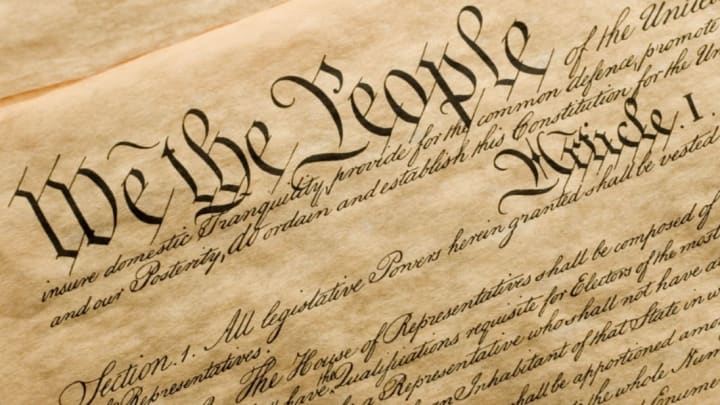In early 2016, shortly after the docuseries Making a Murderer premiered on Netflix, more than 100,000 signed a WhiteHouse.gov petition urging then-President Obama to pardon the series' subjects, Steven Avery and his nephew Brendan Dassey, who were convicted in 2007 for the murder of photographer Teresa Halbach. The hit series raised serious questions not just about how the police department handled the case—Avery, who had spent 18 years in prison for a crime he didn't commit, was suing Wisconsin's Manitowoc County for $36 million at the time of his arrest for Halbach's murder and insisted he had been framed—but also about how our justice system works.
Avery received a life sentence without the possibility of parole; Dassey, who was 17 at the time of his conviction, was also given a life sentence. (That sentence was overturned in August 2016, but his case is now with the Supreme Court.)
“There is clear evidence that the Manitowoc County sheriff's department used improper methods to convict both Steven Avery and Brendan Dassey,” the body of the petition stated, adding, “the justice system embarrassingly failed both men, completely ruining their entire lives.”
As the White House is required to respond to any petition with more than 100,000 signatures, they issued a statement, explaining that the Constitution does not grant the President power to pardon men and women convicted under state law:
“Under the Constitution, only federal criminal convictions, such as those adjudicated in the United States District Courts, may be pardoned by the President … However, the President cannot pardon a state criminal offense. “Since Steven Avery and Brendan Dassey are both state prisoners, the President cannot pardon them. A pardon in this case would need to be issued at the state level by the appropriate authorities.”
The full language of the Constitution (Article 2, Section 2, Clause 1) reads:
"The President shall be Commander in Chief of the Army and Navy of the United States, and of the Militia of the several States, when called into the actual Service of the United States; he may require the Opinion, in writing, of the principal Officer in each of the executive Departments, upon any Subject relating to the Duties of their respective Offices, and he shall have Power to grant Reprieves and Pardons for Offenses against the United States, except in Cases of Impeachment."
Tens of thousands of federal prisoners have been pardoned, granted clemency, or had their sentences commuted. George Washington pardoned the instigators of the Whiskey Rebellion. Andrew Johnson pardoned a slew of Confederate soldiers after the Civil War, as did Ulysses S. Grant (who gave amnesty to Confederate leaders). Gerald Ford granted a full, unconditional pardon to Richard Nixon just one month after Nixon resigned in 1974, saving the former president from any and all imminent indictments. Only two presidents failed to give a single pardon: William Henry Harrison and James Garfield, who both died early in their first terms and didn’t get the chance.
In 1830, convicted robber George Wilson was pardoned by President Andrew Jackson. Wilson refused the pardon, and the case went all the way to the Supreme Court. He was permitted refusal, and eventually hanged for his crimes. However, a Supreme Court decision in 1927 reversed that original decision, ruling that a pardon is "not a private act of grace from an individual happening to possess power,” but rather “the determination of the ultimate authority that the public welfare will be better served by inflicting less than what the judgment fixed." Therefore, no take-backs.
Have you got a Big Question you'd like us to answer? If so, let us know by emailing us at bigquestions@mentalfloss.com.
